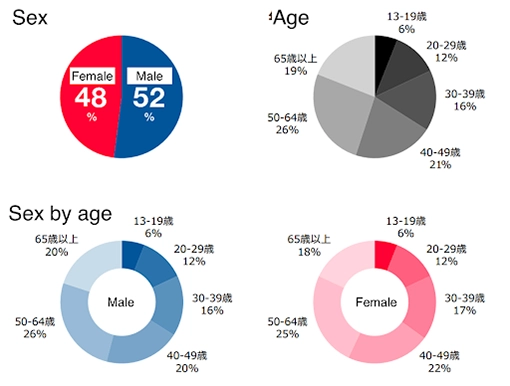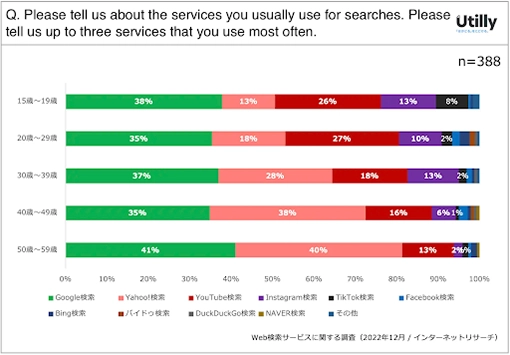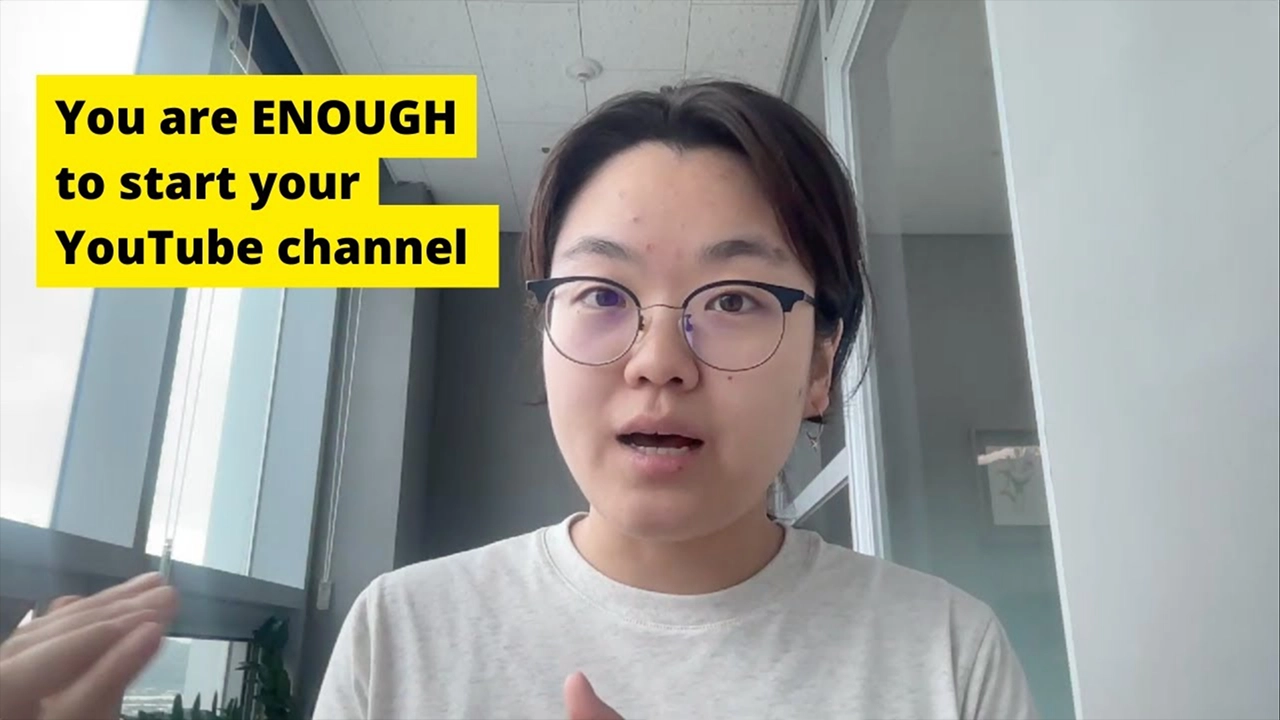As a global marketer, understanding the unique search engine landscape is crucial for success. In markets like South Korea and Japan, Google search shares do not go past 80% in comparison to local search engines. Thus, adapting your SEO strategy is key.
This blog post equips you with actionable insights and proven strategies to conquer search engines in these markets, specifically focusing on Japan.
Search Engine
To begin with, I want to talk about what search shares currently have in Japan.
- Overall: Google : 76.39%, Yahoo Japan: 16.22, Bing: 6.73% (June 2021 to May 2022)
- PC users:71.6% for Google, 8.9% for Yahoo! JAPAN, and 18.4% for Bing (as of October 2023)
- Smartphone users: 79.7% for Google, 18.7% for Yahoo! JAPAN, and 0.6% for Bing (as of October 2023)
So, how should we proceed with search engine advertising and optimization of our website and blog posts? Should we focus on the major one?
The simple answer is, ‘You should proceed with both platforms’ as a global B2B company.
- X(your budget) <$5,000: Run SEA through 1 main platform - however, the meaning of "main platform" could be different based on the demographics of both platforms. So please check out the below information before making any decisions.
- $5,000< X <$10,000: Choose the main platform to focus on and allocate more effort to it. Then, test the sub-platform with a couple of thousand dollars.
- X>$10,000: Spend money on both platforms equally and adjust the budget ratio for running search engine advertising based on performance.
Here are search engine comparisons in Japan that can help you decide which platform to choose.
Yahoo Japan!
Yahoo! JAPAN has 84 million monthly active users. Since there are approximately 100 million internet users in Japan, it is calculated that more than 80% of Japanese internet users access Yahoo.
When running adverts, the data suggests that shop adverts opening in Kanto and nearby regions are likely to be effective. Advertising to smartphone users in Kanto and nearby regions is a way to reach a large number of active users.

The user demographics of Yahoo! JAPAN are dominated by both male and female users from the age of 30 onwards. The 30-64 age group comprises 62% of males and 64% of females.
Additionally, it includes a large number of users in the business and management class, as well as housewives.
70 million monthly active users.
However, according to the Ministry of Internal Affairs and Communications’ “Share of search engines in Japan”, Google tends to be much higher than Yahoo Japan.
If you want to ‘try listing ads first,’ it’s recommended to try Google Ads. It accounts for nearly 71.6% of the search engine market share, making it easy to reach a large number of users, regardless of the type of business.
Specifically, if your target group is among young people, Google is the right place to begin executing ads.

Also, if you want to sell trendy or youth-oriented products or merchandise, it’s highly recommended to consider Google Ads.
Bing
Bing has 33 million users in Japan, 700 million domestic monthly searches Across industries, the proportion of Google searches is overwhelmingly high, with over 80% in all industries. Yahoo! and Bing, on the other hand, there were differences by industry, with a particularly high proportion of Bing search traffic coming from real estate/finance/legal/medical and health/to B sites. It ranks third in terms of market share on tablets and mobiles but is performing well on desktops (PCs), where it ranks second in terms of market share. The reason for this can be attributed to the fact that it is the default search engine for Edge, the browser installed in the Windows operating system. Bing users have an average age of 44, with 57% being male and 65% being workers. Since Microsoft Windows is used as the operating system in general companies, public institutions, or schools, we can assume that the default browser (Microsoft Edge) is used, and the default search engine (Bing) is used to collect information.
While you are doing this, you should be able to publish blog posts to conquer those targeted keywords you selected to maximize leads.
How to optimize your website/blog post for the global expansion in Japan (the action steps)
- Define Your Main Keywords and Target Keywords.
- Define the Trending Keywords for Your Industry through Google Trends or Yahoo Japan trends
- Find and Collect Location-Specific Keywords
- Create your own SEO titles for your website and blogs. I highly recommend using Semrush for crafting the SEO title.
- Translate, proofread, and localize your content copywriting thoroughly. Finally, optimize it with those handpicked keywords.
- Optimize your meta tag and meta description as well.
- Regularly monitor your SEO efforts with analytics platforms like Google Analytics or other third-party tools and improve it.
- Additionally, if you don’t know how to approach SEO efforts, please refer to my other newsletters that discuss SEO strategies: Global SEO... How Should We Do That? Local SEO Strategies - Enhancing Your Global Marketing Efforts
In the next episode, scheduled for next Tuesday, I’ll delve into organic social media marketing in Japan.
Talk soon,
Hyein
P.S. -Don’t forget to SUBSCRIBE to the Our Newsletter for additional global marketing strategies.
I'm an award-winning global marketing expert running HY Marketing in South Korea. We help businesses succeed in South Korea, Japan, and English-speaking markets through SEO, social media, and paid ads.
your next big win?
This playbook cuts through the noise and gives you the blueprint to enter with impact.


